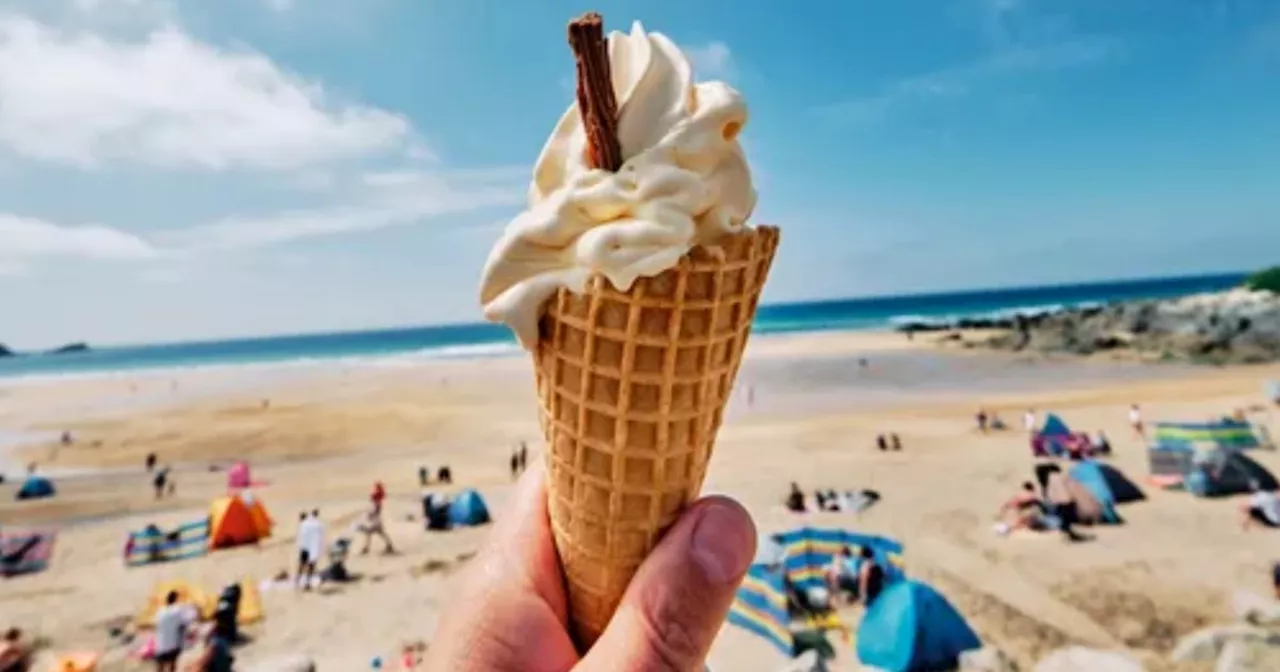The current expectation is that every ovulatory menstrual cycle will have a luteal phase (the time from egg released until the next flow) that lasts approximately 14 days.
University of British ColumbiaOct 7 2024 The current expectation is that every ovulatory menstrual cycle will have a luteal phase that lasts approximately 14 days. It is simple, ovulation covers half of the expected, classical 28-day menstrual cycle. That fits with another current concept, "All regular month-apart menstrual cycles are ovulatory."
The findings, just published in Human Reproduction, show that the luteal phase is quite variable. It was documented using the validated Quantitative Basal Temperature© method. By QBT©, a normal luteal phase length is ≥10 days; short luteal cycles are <10 days. An amazing thing is that, despite rigorous screening, only 6 of 53 women had normally ovulatory cycles the whole year. Fifty-five percent of women across the study year had more than one short luteal phase in an ovulatory cycle."
Related Stories"I wish I had known that my perfectly regular, month-apart menstrual periods might have hidden silent ovulatory disturbances that could make fertility difficult for me," said Sophia Park, MD, FRCPC, MBA, associate clinical professor in Pathology and Laboratory Medicine at the University of British Columbia with the lived experience of infertility.
Ovulation Reproduction Research
United Kingdom Latest News, United Kingdom Headlines
Similar News:You can also read news stories similar to this one that we have collected from other news sources.
 New study provides insights into DNA organization during embryonic developmentA new study published in Nature has shed light on how DNA is organized during embryonic development. Researchers from the Max Planck Institute of Molecular Cell Biology and Genetics used cutting-edge imaging techniques to track the movement of chromosomes within developing embryos.
New study provides insights into DNA organization during embryonic developmentA new study published in Nature has shed light on how DNA is organized during embryonic development. Researchers from the Max Planck Institute of Molecular Cell Biology and Genetics used cutting-edge imaging techniques to track the movement of chromosomes within developing embryos.
Read more »
 Study shows people think in many dimensions at a timeTraditionally, the dominant view in research has been that a central goal of human perception is to recognize objects and assign them to different categories—for example, this observed object is a dog and dogs belong to the category of animals.
Study shows people think in many dimensions at a timeTraditionally, the dominant view in research has been that a central goal of human perception is to recognize objects and assign them to different categories—for example, this observed object is a dog and dogs belong to the category of animals.
Read more »
 Exposure To These Weather Conditions May Increase Dementia RiskA new study has correlated the condition with certain weather events.
Exposure To These Weather Conditions May Increase Dementia RiskA new study has correlated the condition with certain weather events.
Read more »
 The brain's state of attention is shaped by a handful of neurons, study showsWhat enables the brain to go from intense concentration to a heightened state of alertness? A study carried out by neuroscientists at the University of Geneva (UNIGE), in collaboration with ETH Zurich, shows that a brain region called locus coeruleus (LC) and the neurotransmitter noradrenaline act as conductors, reorganizing brain functions...
The brain's state of attention is shaped by a handful of neurons, study showsWhat enables the brain to go from intense concentration to a heightened state of alertness? A study carried out by neuroscientists at the University of Geneva (UNIGE), in collaboration with ETH Zurich, shows that a brain region called locus coeruleus (LC) and the neurotransmitter noradrenaline act as conductors, reorganizing brain functions...
Read more »
 Study reveals harrowing experiences of misdiagnosis of borderline personality disorder in autistic adultsConducted through interpretive phenomenological analysis, a study published in the journal Autism involved one-to-one, semi-structured interviews with 10 participants. Each participant recounted unnoticed autistic traits from childhood and described the pervasive impact of a BPD misdiagnosis.
Study reveals harrowing experiences of misdiagnosis of borderline personality disorder in autistic adultsConducted through interpretive phenomenological analysis, a study published in the journal Autism involved one-to-one, semi-structured interviews with 10 participants. Each participant recounted unnoticed autistic traits from childhood and described the pervasive impact of a BPD misdiagnosis.
Read more »
 Vaping is harming college students' brains, study showsVaping may look cool when you're young, but it appears to be dulling the brains of college students, a new study warns.
Vaping is harming college students' brains, study showsVaping may look cool when you're young, but it appears to be dulling the brains of college students, a new study warns.
Read more »
